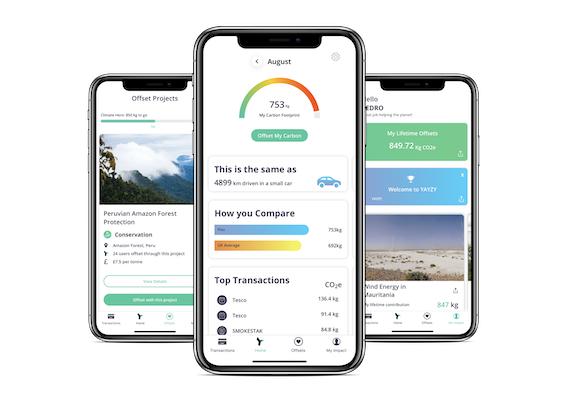News: Heading into 2021: Venture fundraising, liquidity and the everything bubble
So, onto 2021 we go. Let’s see if the bulls are right again.
The last 12 months have provided us with shocking lows and surprising highs. In startup land, great expectations in January and February were followed by dashed hopes in March.
Those woes were followed by April despair, surprised optimism from May through June, and, finally, a straight shot all the way to the moon through December.
The Exchange explores startups, markets and money. Read it every morning on Extra Crunch, or get The Exchange newsletter every Saturday.
It’s been a lot. But it’s all behind us. We don’t need to spend more time thinking about 2020 for now. We need to look ahead.
This morning, I’ve compiled notes on what’s coming. We have notes from GGV’s Hans Tung on the 2021 IPO market, Sapphires’s Beezer Clarkson on what fundraising will look like for VCs next year, and a prediction from the PitchBook analyst crew that caught my eye.
This is the last Exchange column for 2020. Thanks for reading so I could keep having fun every day at my job. Now, to work!
2021
We’ll start with the 2021 IPO market, only because so many of you cared so very much about it this year.
Hans Tung, an investor at GGV and recent Extra Crunch Live guest, is an investor with an international perspective and a good read on global startup liquidity. So, when I got on the phone with him last week to catch up, I wanted to know his read on the 2021 IPO market.
Given that we’ve seen a number of blockbuster IPOs this year, I was expecting him to forecast an active start to the year. Correct.
But Tung added that while Q1 could be very busy, Q2 could present a lull. Why? Tung expects IPOs that failed to finish the job in Q4 2020 to slip into the first quarter of next year. That explains why the first quarter is busy. But why the slowdown in the following three months?



